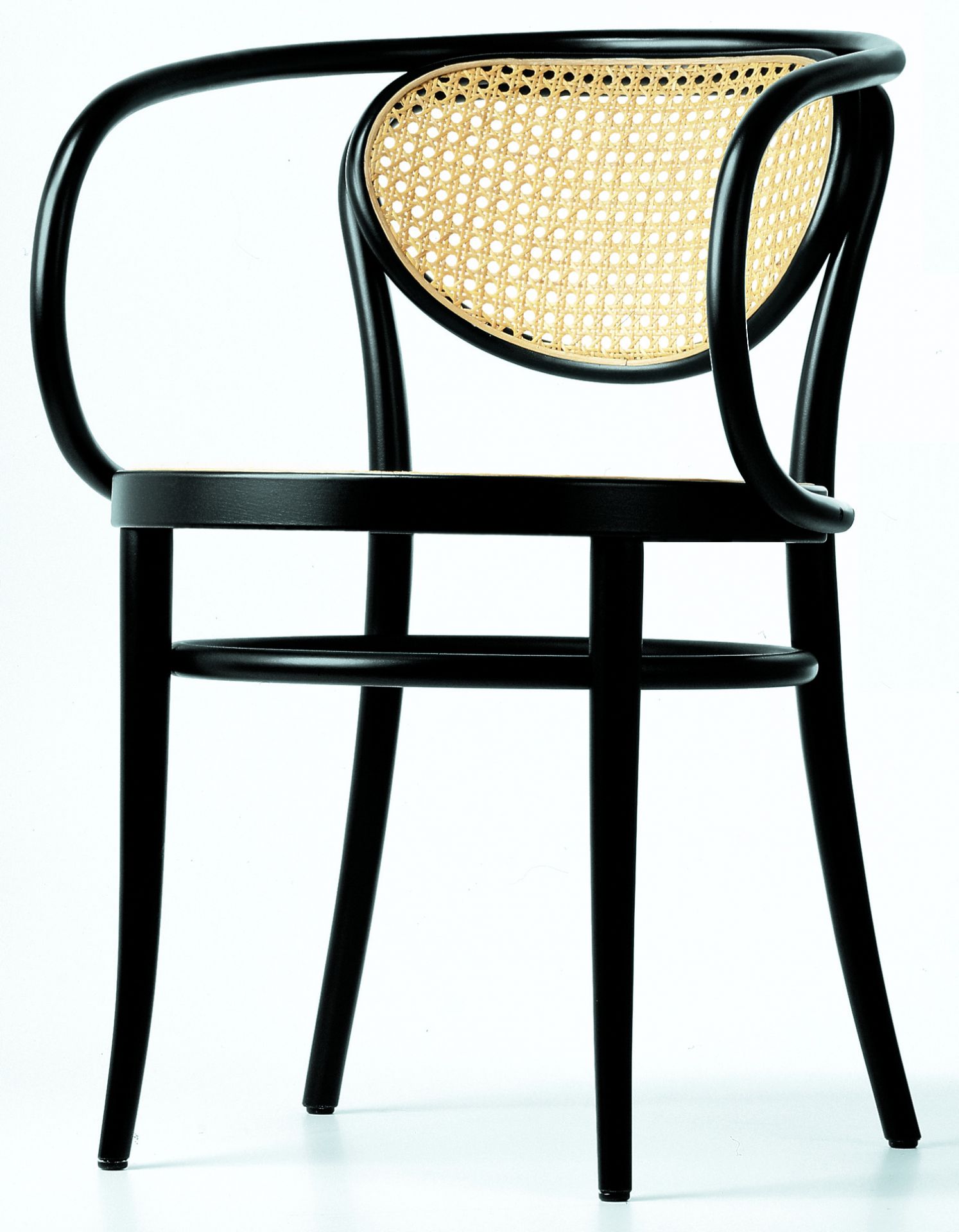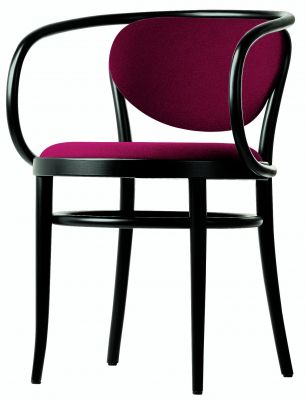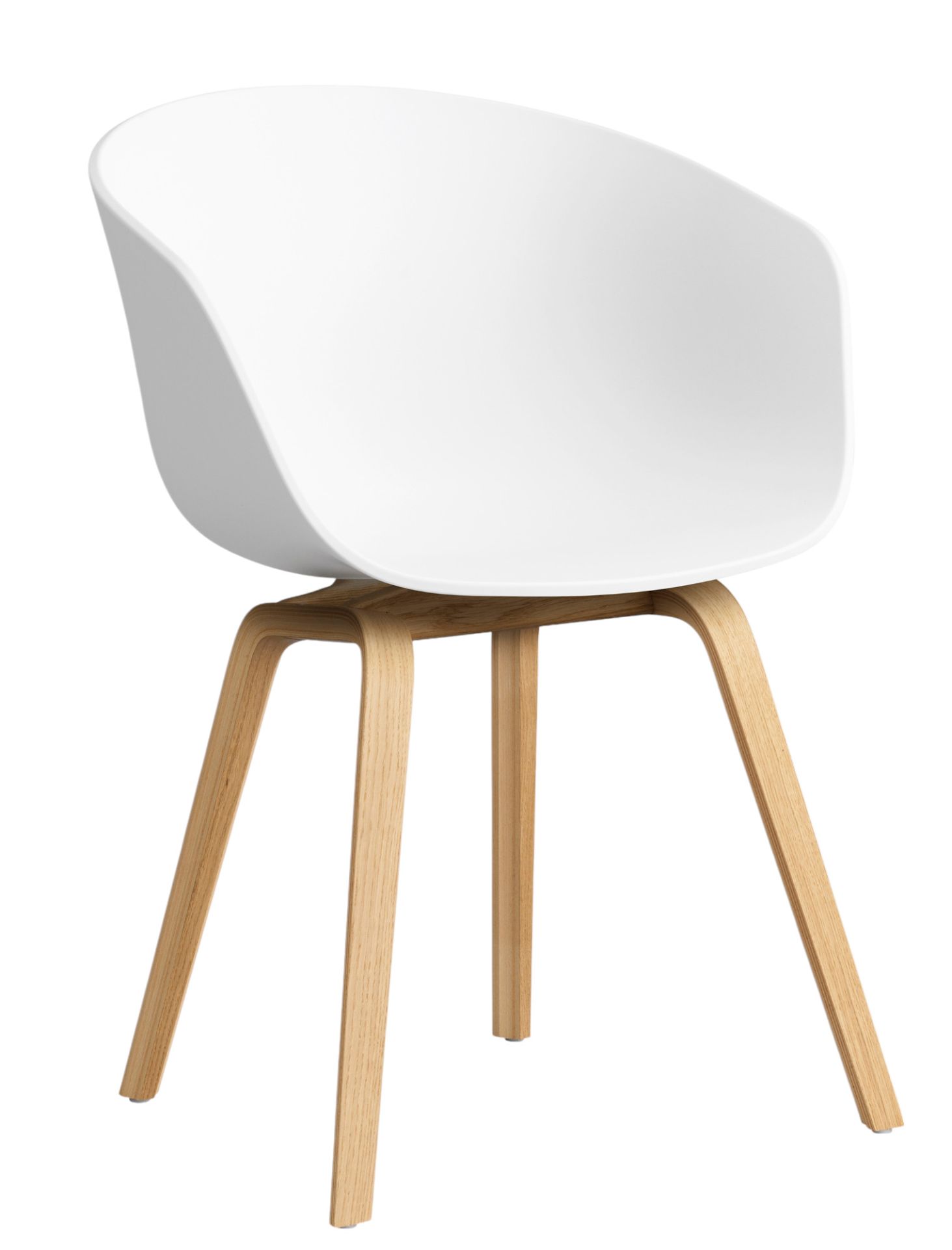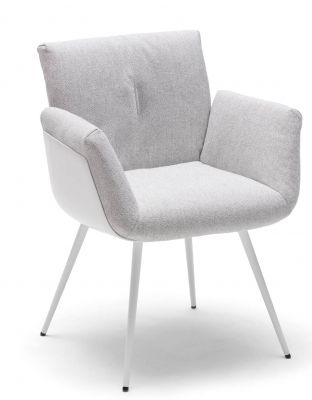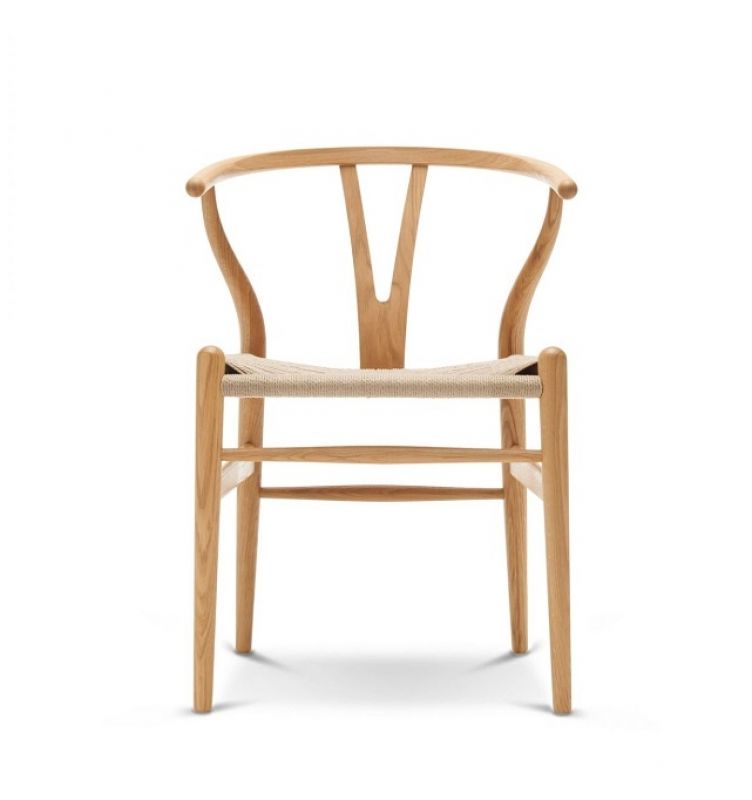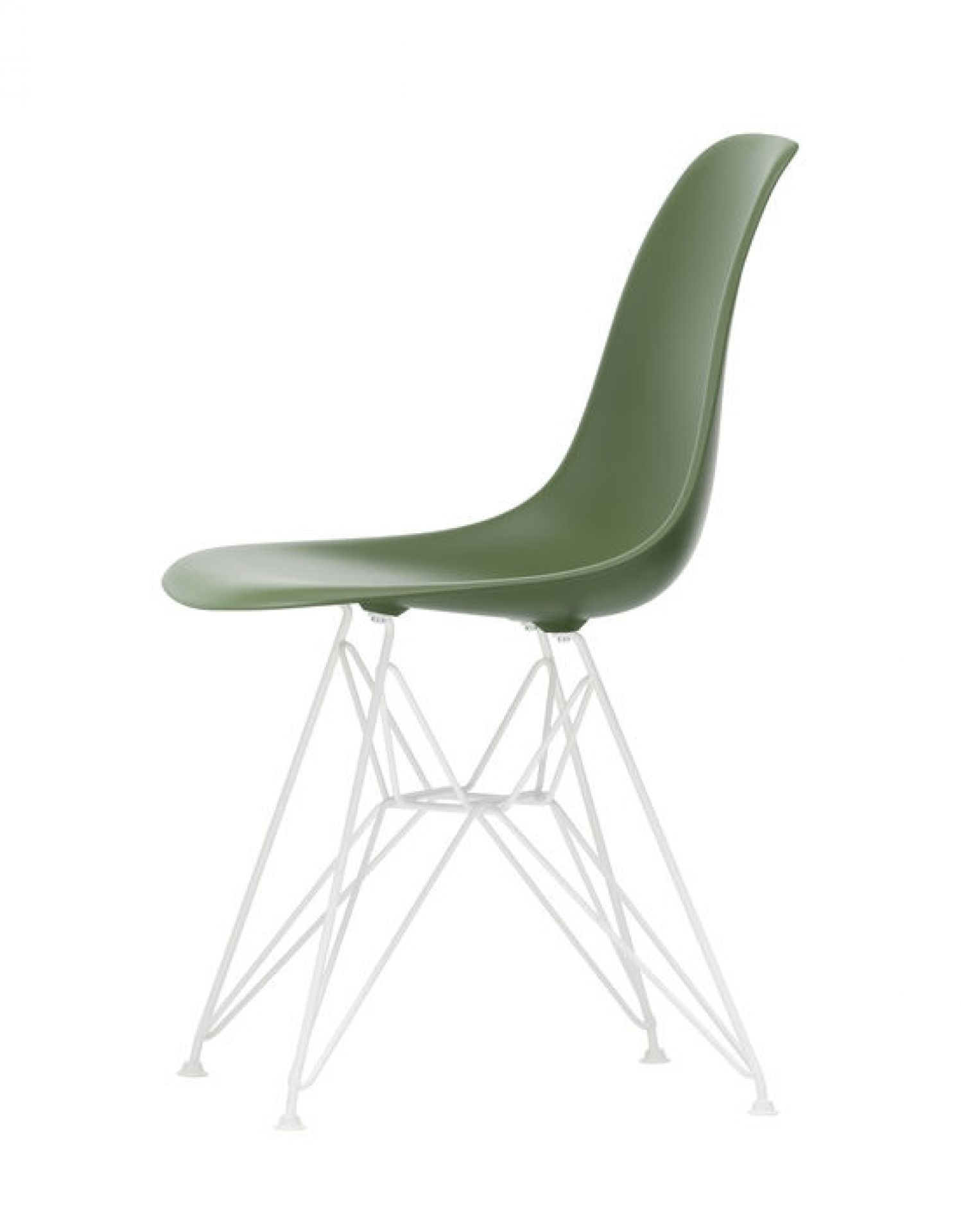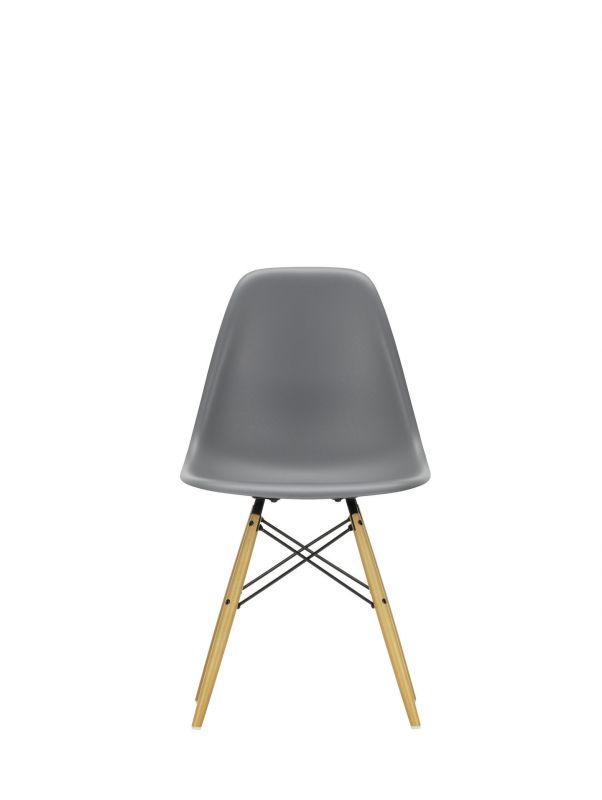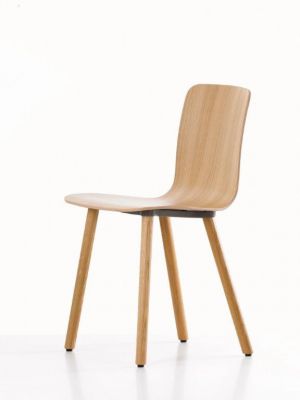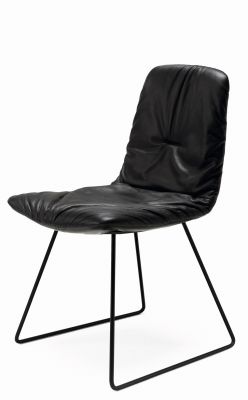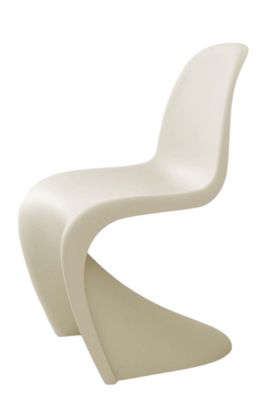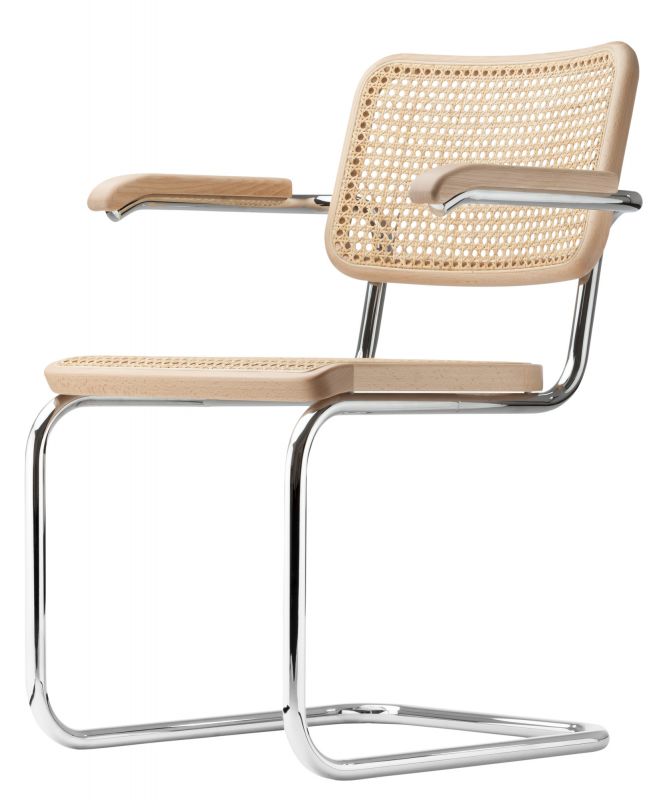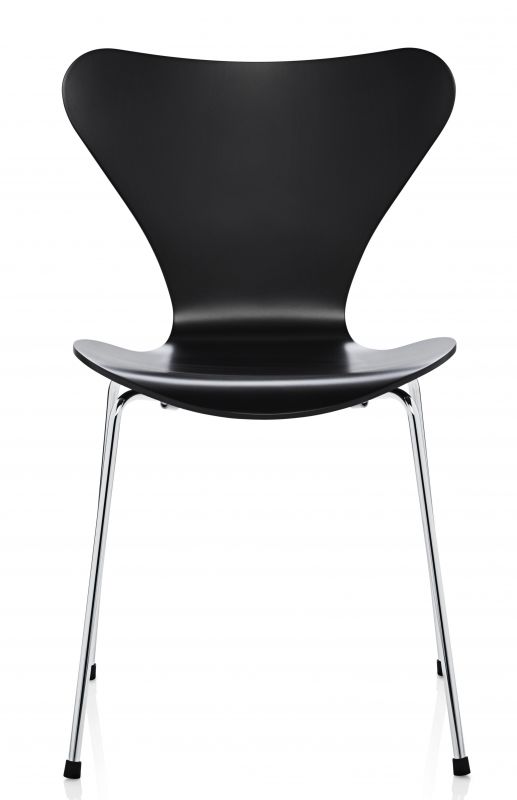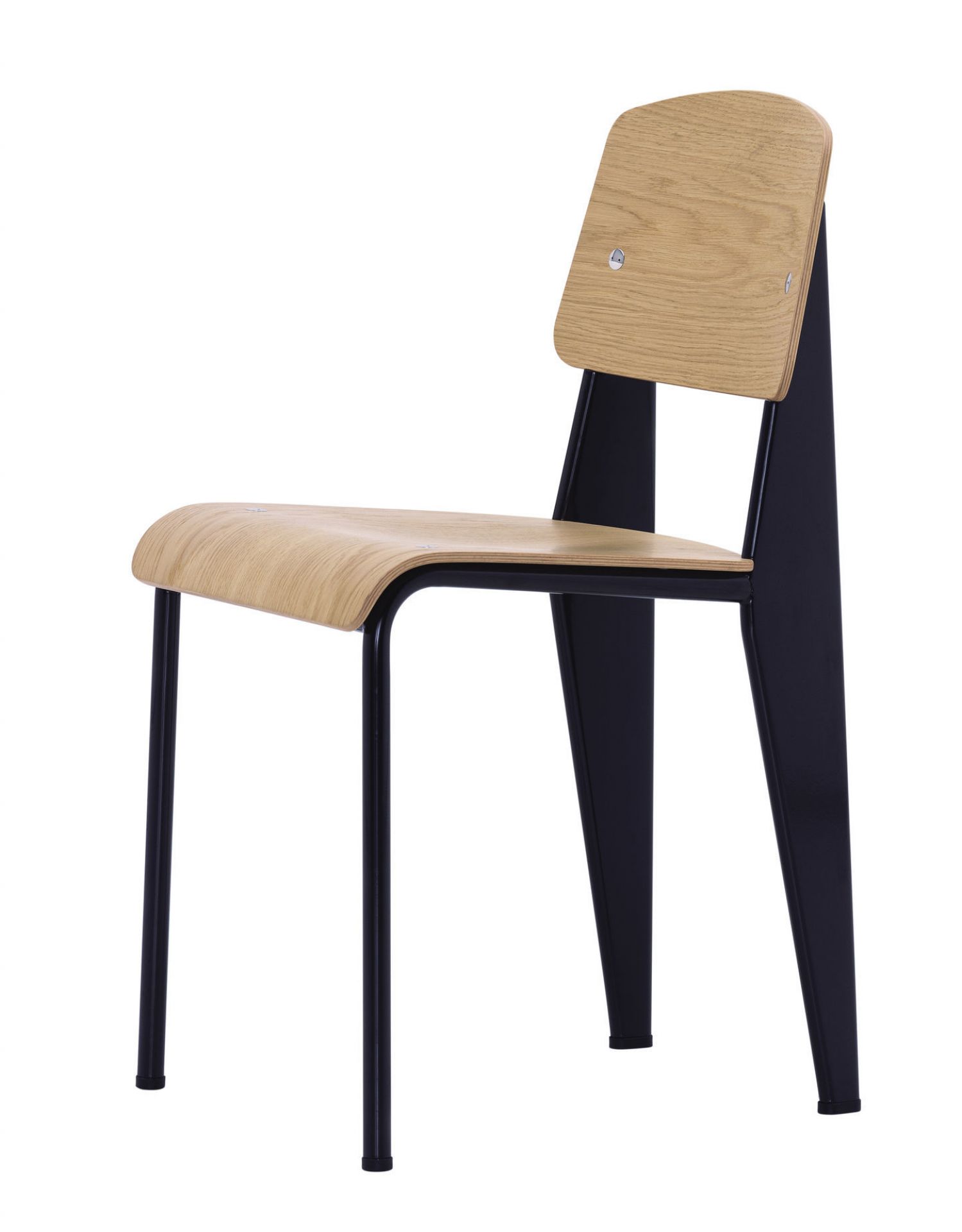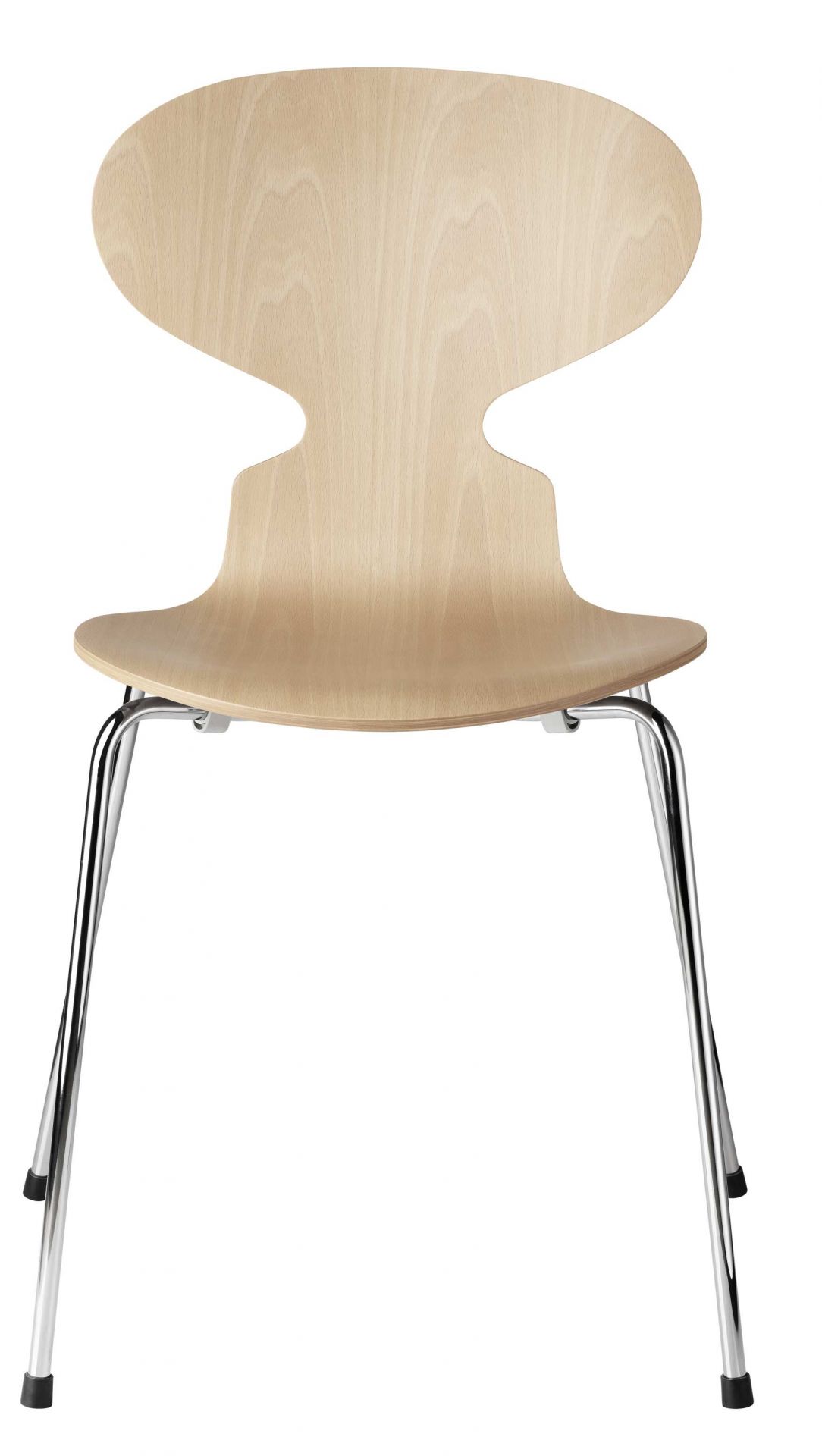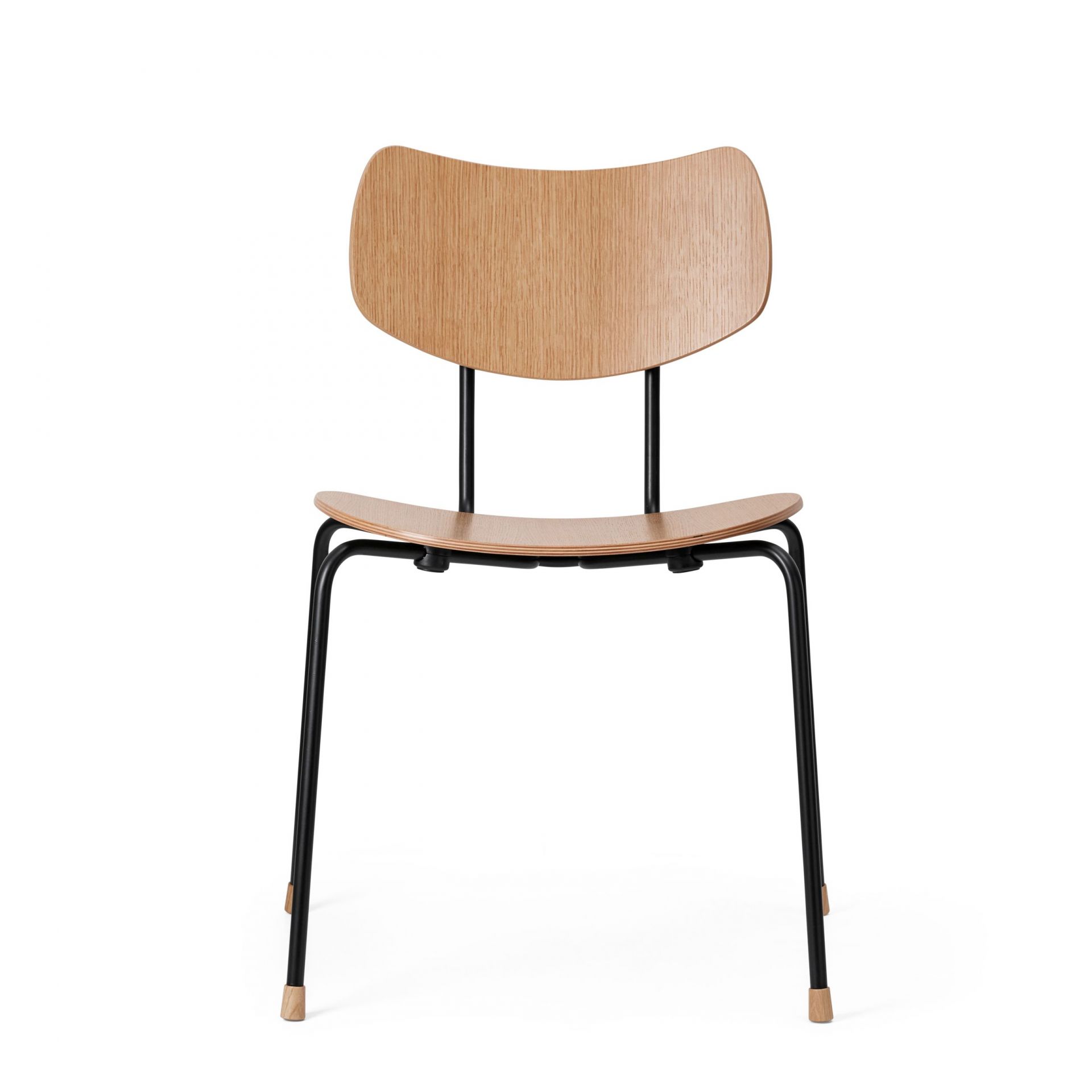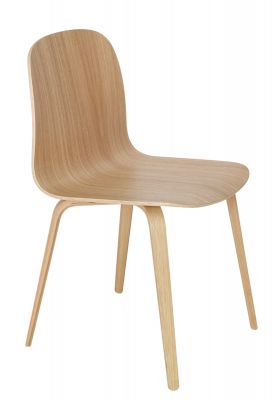- Trained product experts as personal contacts
- Loyalty pays off: 1.5% annual bonus for our customers
- Worldwide delivery from Germany
- Owner-managed for over 25 years - trust our experience!
- Secure packaging and fast shipping - thanks to our professionals!
210 R / 210R Bentwood Chair Thonet
Your advantages with einrichten design
personal, individual, passionately
A beautiful backrest: 210 R bentwood chair from Thonet
A masterpiece in construction and manufacturing - the 210 R bentwood chair from Thonet. Its cantilevered handle, which forms both the backrest and the armrest, is bent into its shape from solid beech wood. Like the well-known original model of the bentwood chair No. 214, the chair consists of only six parts. The aesthetic reduction in combination with the organic form creates an almost sculptural expression.
The Swiss architect Le Corbusier was also enthusiastic about the design and used it in the Weißenhof settlement in Stuttgart in 1927.
Thonet brothers
The sons of Michael Thonet Franz, August, Josef, Jakob and Michael jun. joined the company in 1853 and continued it after the death of their father in 1871. The brothers designed new machines and work processes, developed existing designs further and also created new furniture designs. At the turn of the 19th and 20th centuries, the third generation of the family - Karl, Julius, Theodor, Alfred, Victor and Richard - found their place in the company.
Thonet - 200 years of tradition
The Frankenberg-based manufacturer stands for durability and an irrepressible drive for innovation. Thonet was the first manufacturer to market bentwood furniture and distribute tubular steel furniture. Michael Thonet founded his own workshop in Boppard am Rhein in 1819. In the 1830s, he experimented with veneer strips cooked in glue and is therefore regarded as the inventor of "furniture made of curved wood". In 1842 he was invited to Vienna by the Austrian State Chancellor Prince Metternich and the coffee house culture there laid the foundation for Thonet's later success. Given this willingness to innovate, it is not surprising that Thonet also cultivated links with the Bauhaus and Marcel Breuer. Thus, Thonet implemented his experiments with cold-bent steel tubing and produced the well-known cantilever chairs.
Material and size
The 210 chair is 54 cm wide, 57 cm deep and 75 cm high. The seat height is 46 cm. It is made of stained beech wood with a seat and back made of wickerwork and a plastic support fabric under the wickerwork.
Note on the tubular braid used
The wickerwork used is a natural product. This type of wickerwork is manufactured exclusively in the Far East and is delivered to Thonet rolled up in rolls. The reed wicker threads are peeled from the Rotang palm growing in East Asia and glued together. Since it is a natural product, the quality and width of the individual threads can vary. Blunt spots are for example growth rings of the plant. Growth and harvesting conditions also influence the quality of the braid.
Thonet's furniture is manufactured with a high degree of technical and manual effort to ensure an appropriate level of quality. For example, each chair with a wickerwork covering is specially tested before leaving the factory.
| Product number: | THONET 210 R |
|---|---|
| Manufacturer | Thonet |
| Design Year | 1900 |
| Designer | Gebrüder Thonet |
| Herstellerartikelnummer | 210 R |
| Shipping method | Forwarding agent |
| Material | Bentwood, plastic fabric |
| Width (cm) | 54 |
| Depth (cm) | 57 |
| Height (cm) | 75 |
| Seating height (cm) | 46 |
Thonet GmbH
Michael-Thonet-Straße 1
35066 Frankenberg
Deutschland / Germany

